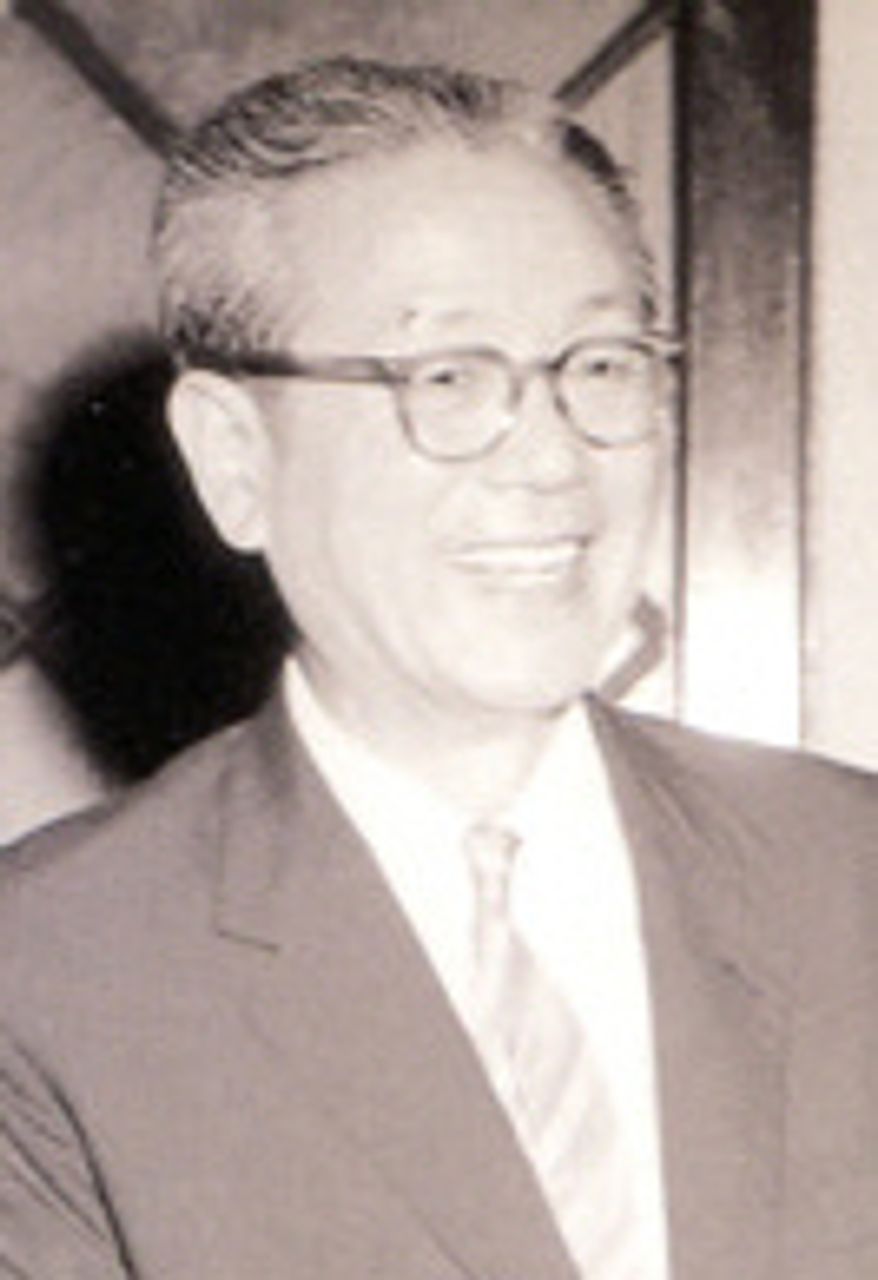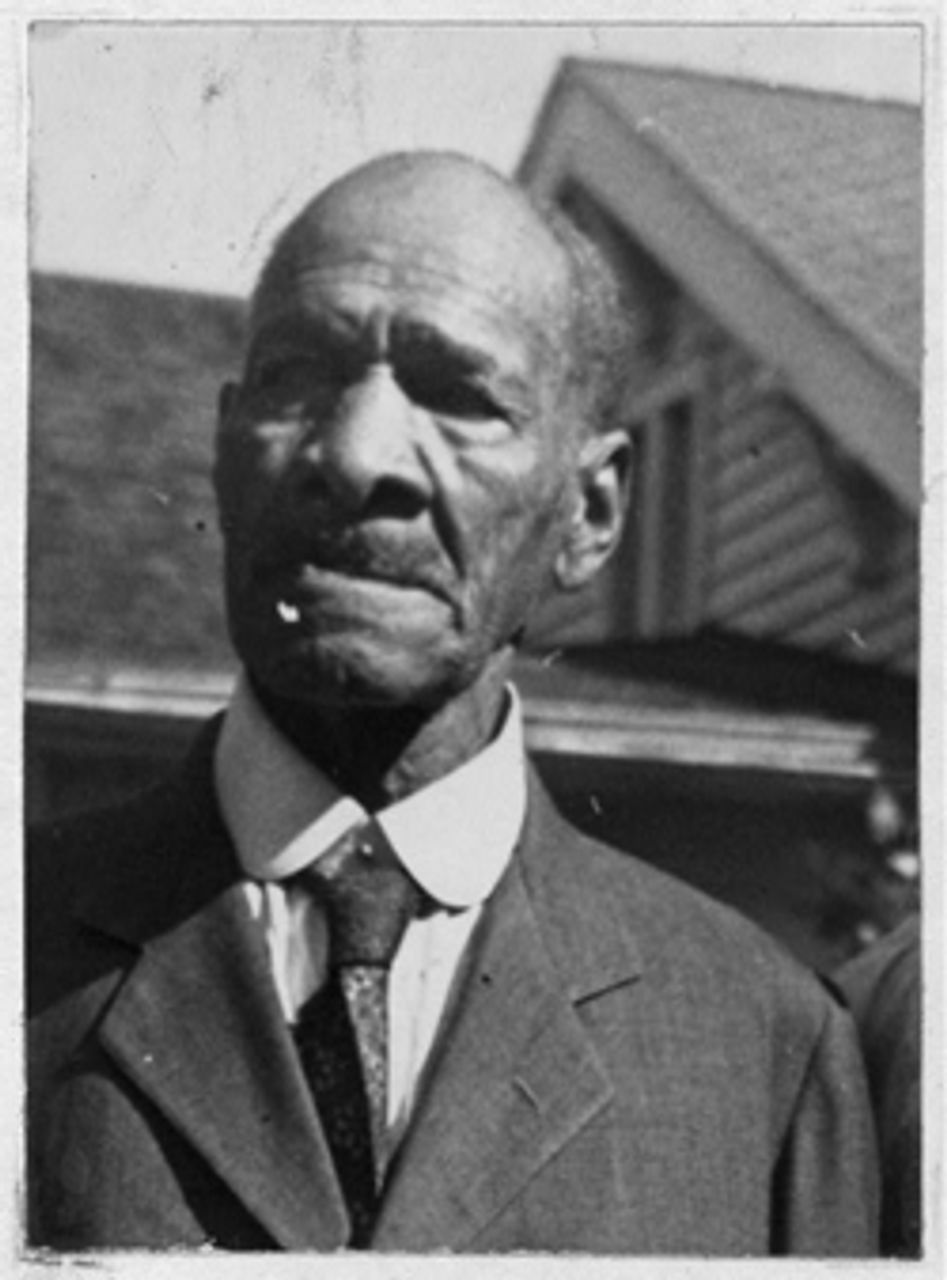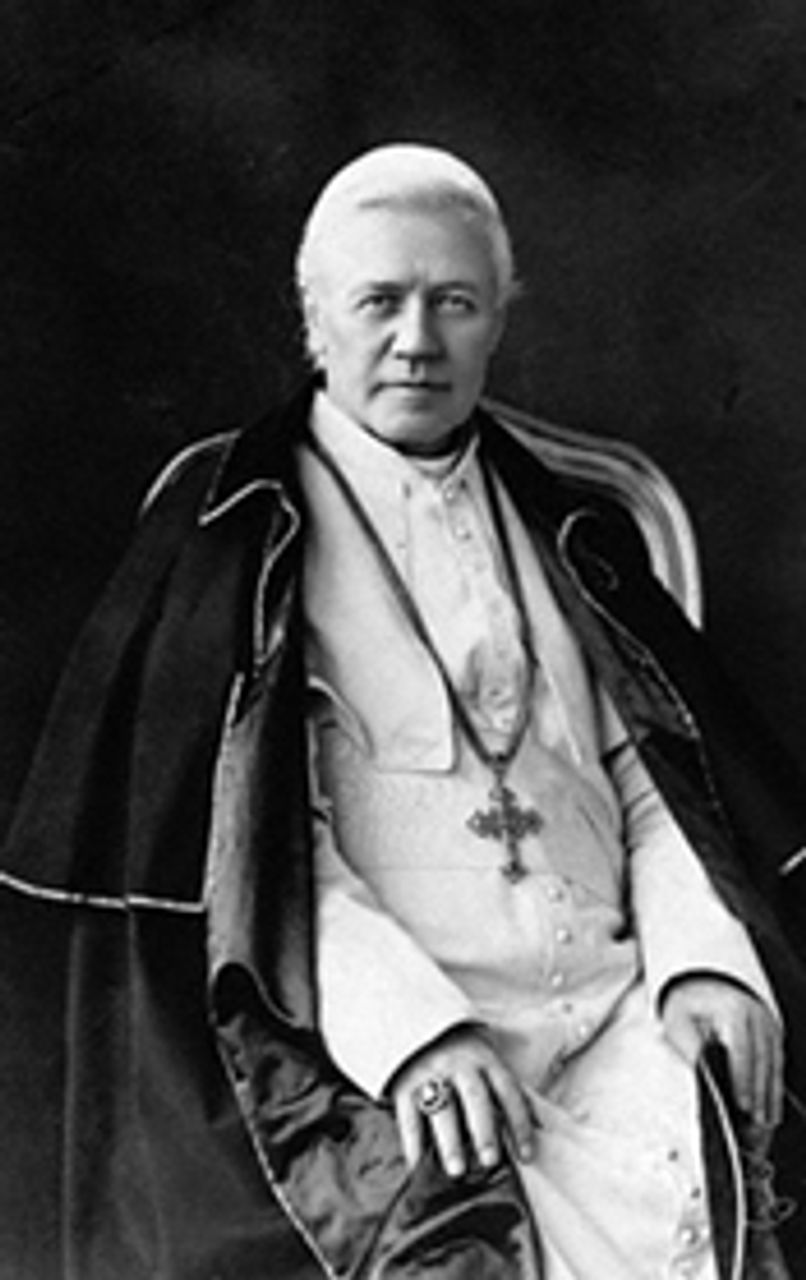This Week in History provides brief synopses of important historical events whose anniversaries fall this week.
25 Years Ago | 50 Years Ago | 75 Years Ago | 100 Years Ago
25 years ago: GM, UAW deepen collaboration with Saturn car brand
 UAW head Owen Bieber with GM President Roger
UAW head Owen Bieber with GM President Roger Smith
On July 26, 1985, the Executive Board of the United Auto Workers (UAW) approved a new, more highly exploitative labor contract for workers to be hired at General Motors’ Saturn venture, to be based in Tennessee.
The agreement was explicitly anchored in a renunciation of labor militancy and embrace of the corporatist conception of union-management partnership. All union bodies and representatives at the Saturn plant would function as part of joint structures with management. The UAW claimed that Saturn would demonstrate the ability of GM and US-based auto companies in general to produce small cars sufficiently cheaply to compete with Japanese auto makers.
Saturn was hailed as the model for labor relations throughout GM as well as at Ford and Chrysler. The Saturn contract did, in fact, prove to be a milestone in the transformation of the UAW into an appendage of the auto companies.
In exchange for agreeing to low wages (80 percent of the industry average) and the elimination of most work rules, the UAW was given 6,000 new dues-paying members and a plenitude of quasi-managerial positions for union bureaucrats at the new $5 billion plant.
The pact was billed as an emulation of Japanese labor relations. Attempting to present the corporatist agreement as a boon to the workers, the New York Times wrote that Japanese workers were “highly motivated” while US auto workers were “regarded as little more than hired hands.”
GM had pitted all 48 contiguous US states in a bidding war for the plant, a competition which Tennessee won due to rich tax incentives and its low wage structure. “This is a day of joy and celebration for Tennessee,” remarked Senator Al Gore, Jr.
50 years ago: War threat after South Korean elections
 John Chang
John ChangSouth Korea attacked a North Korean naval vessel, killing 14, on July 31, 1960, the first naval conflict since the signing of the 1953 armistice. One South Korean sailor died in the exchange. The attack came the day after the Liberal party of former South Korean dictator and US puppet Syngman Rhee suffered a stinging electoral defeat.
The battle strengthened the hand of the military over South Korean society after mass working class and youth protests had brought Rhee down months earlier. Vice President John Chang’s Democratic Party won the June 29 elections by a wide margin. Outside of embracing democratic rhetoric, Chang had few differences with Rhee. His election was welcomed by US ruling circles.
The new government faced a deep crisis, however, characterized by official corruption, a large trade deficit, a shortage of energy, and the emergence of a combative working class. There was as well the overwhelming weight of the US military presence and South Korea’s own 630,000-troop army, the world’s fourth largest. The naval exchange, which South Korea blamed on the North, served notice that the military was prepared to assert its dominant role in the political affairs of the nation.
75 years ago: New Deal establishes jobs program for unemployed writers
 Former slave John W. Fields, interviewed
Former slave John W. Fields, interviewed in 1937
On July 27, 1935, President Franklin D. Roosevelt established the Federal Writers Project, one of several programs enacted under the Works Progress Administration (WPA) for the purpose of employing cultural workers. Collectively known as “Federal One,” the other cultural programs of the WPA included the Federal Theatre Project, the Federal Art Project and the Federal Music Project.
The Federal Writers Project employed 6,686 writers at the height of the program and was active in every state in the US. Among those employed by the program were novelists John Steinbeck, Richard Wright, Ralph Ellison and Saul Bellow and playwright Zora Neale Hurston.
Perhaps the best known of the works published by the Federal Writers Project was the American Guide Series, a series of books and pamphlets serving as travel guides, histories and collections of folklore from each state and several cities throughout the country.
Much of the Federal Writers Project’s work consisted of compiling the history of ordinary people in the US through interviews. John Lomax, already well known for his collection of traditional folk music in the US, served as the national advisor for the project on folklore and folkways. Under his direction, writers collected the oral histories of former slaves in 17 states in the South. These efforts produced one of the most significant of the Federal Writers Project’s creations, a collection entitled “Slave Narratives: A Folk History of Slavery in the United States from Interviews with Former Slaves.”
Today, the oral histories of former slaves collected by Federal Writers Project writers may be viewed on the web site of the US Library of Congress.
100 years ago: Rupture between Spain and the Vatican
 Pope Pius X
Pope Pius XThis week in 1910 Spain recalled its ambassador to the Vatican after the Holy See issued an ultimatum demanding Madrid reverse a new law granting rights to non-Catholic religious organizations.
The Vatican’s interference in Spain’s domestic sphere was broadly understood as an effort to mobilize reactionary elements against Liberal modernizers. In Spain, Carlists hailed the Vatican’s actions, their standard-bearer, Don Jaime, even publicly broaching the possibility of an insurrection against Premier Jose Canalejas.
Carlists, who had led several revolts in the 19th century, grouped themselves around a dynastic dispute over the throne. They constituted a political bloc comprising the most reactionary elements in Spanish society, including the latifundia and the clerical orders.
Canalejas had the support of King Alfonso, but it was not clear this would be maintained. “The struggle we wage is not anti-religious, but anti-clerical,” Canalejas declared. “We count on the army, a majority in Parliament, and reason.”
The Vatican viewed developments in Spain and Portugal with suspicion. Prelates expressed the fear that “extreme” republican elements might seek to unite the two former colonial powers into an Iberian Republic. France had already severed relations with the Vatican, and the Holy See refused to recognize Italy’s control over former papal lands.
Behind the crisis was the decline of Spain on the global stage. As a result of the Spanish-American War a decade earlier, Spain had lost its remaining Asian and Latin American colonies. At the same time, the Spanish working class was emerging as a powerful social force, particularly in Catalonia, where ongoing conflicts with miners threatened to erupt into a wider revolt.
